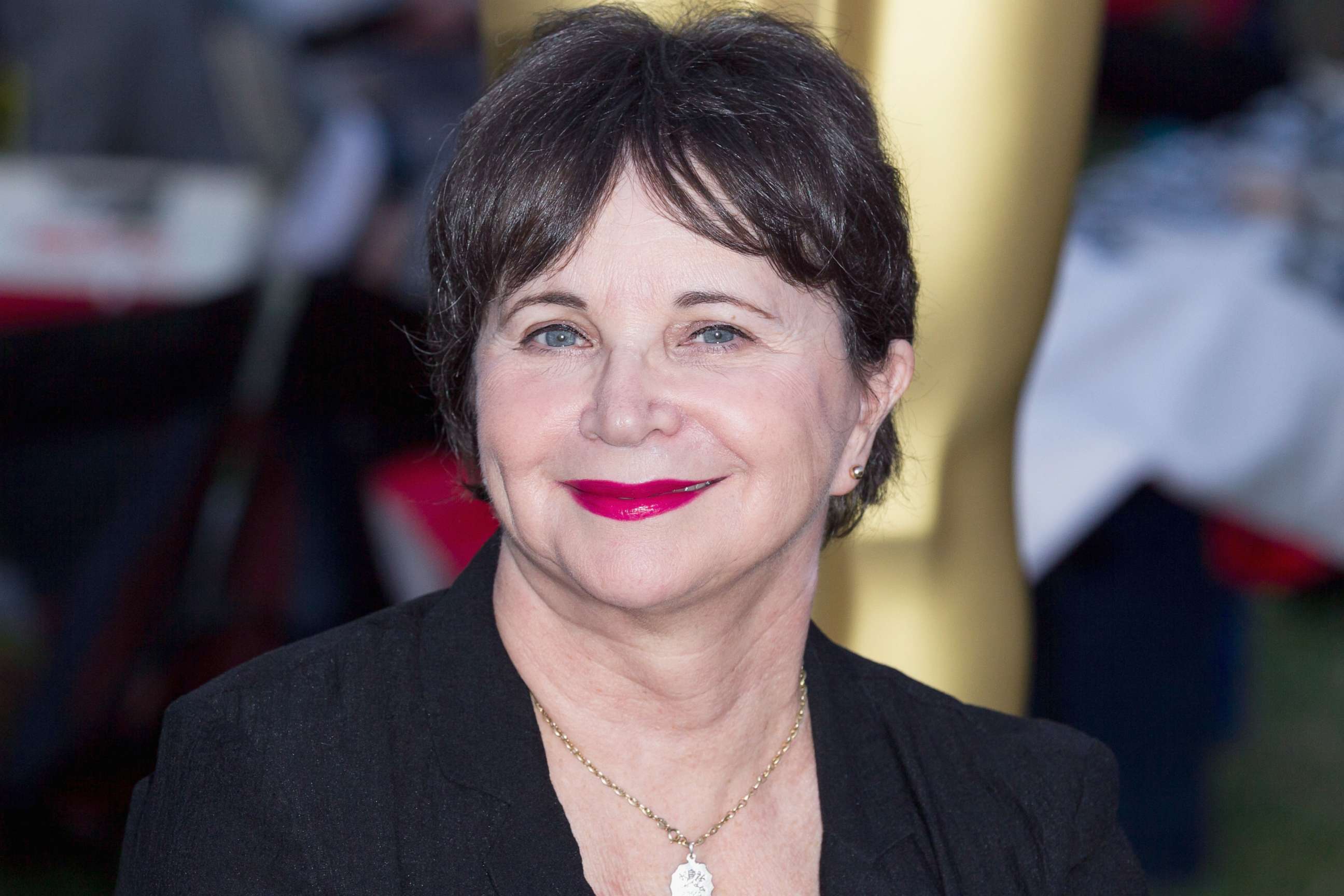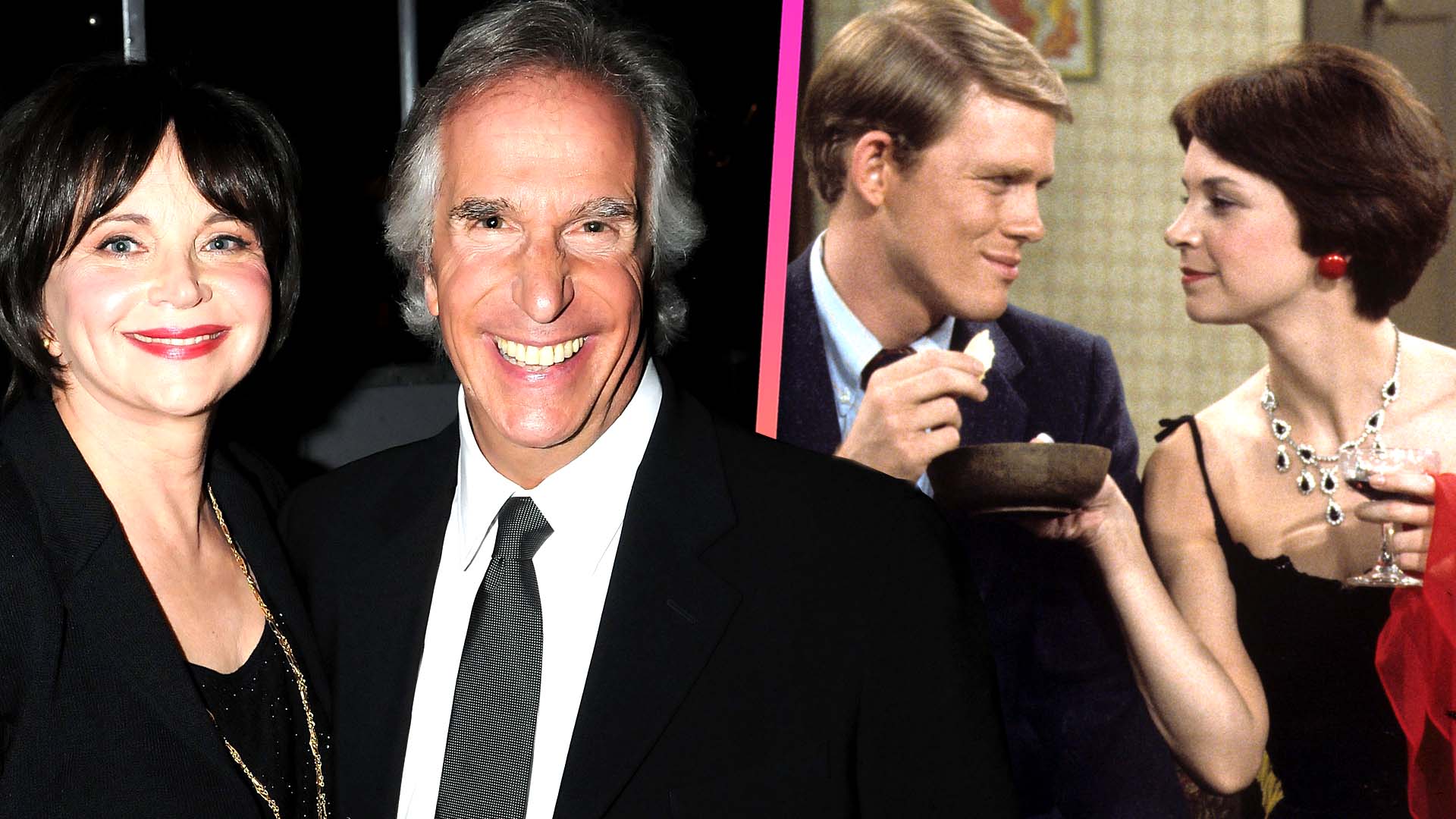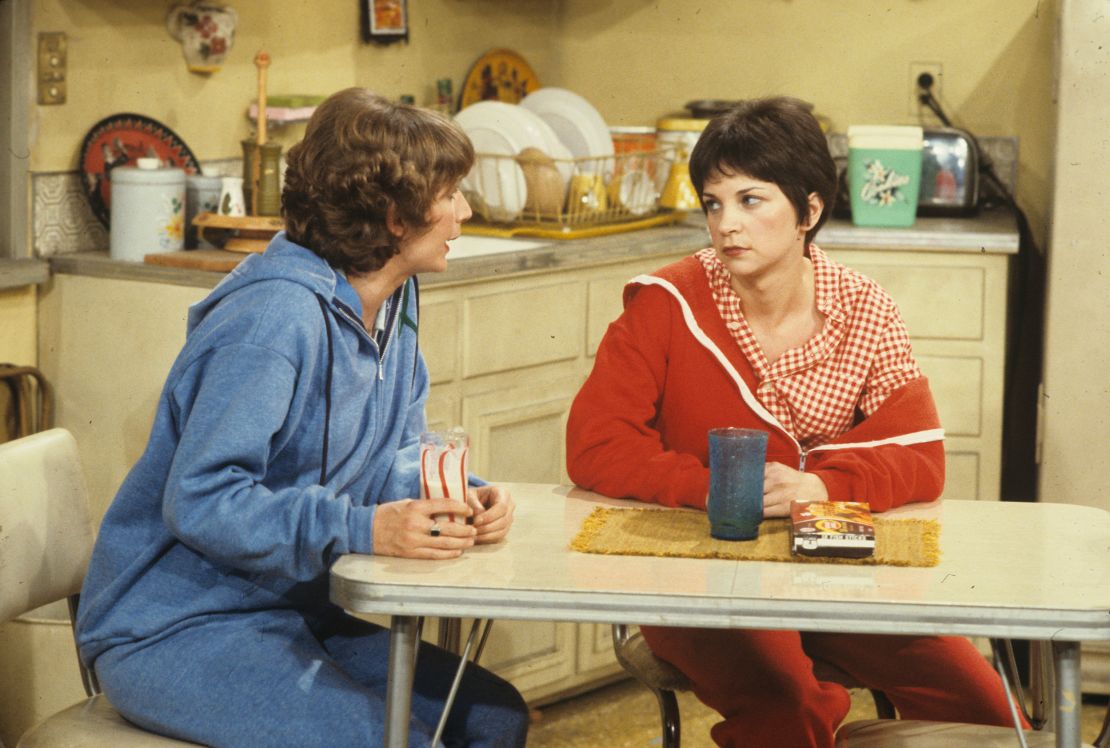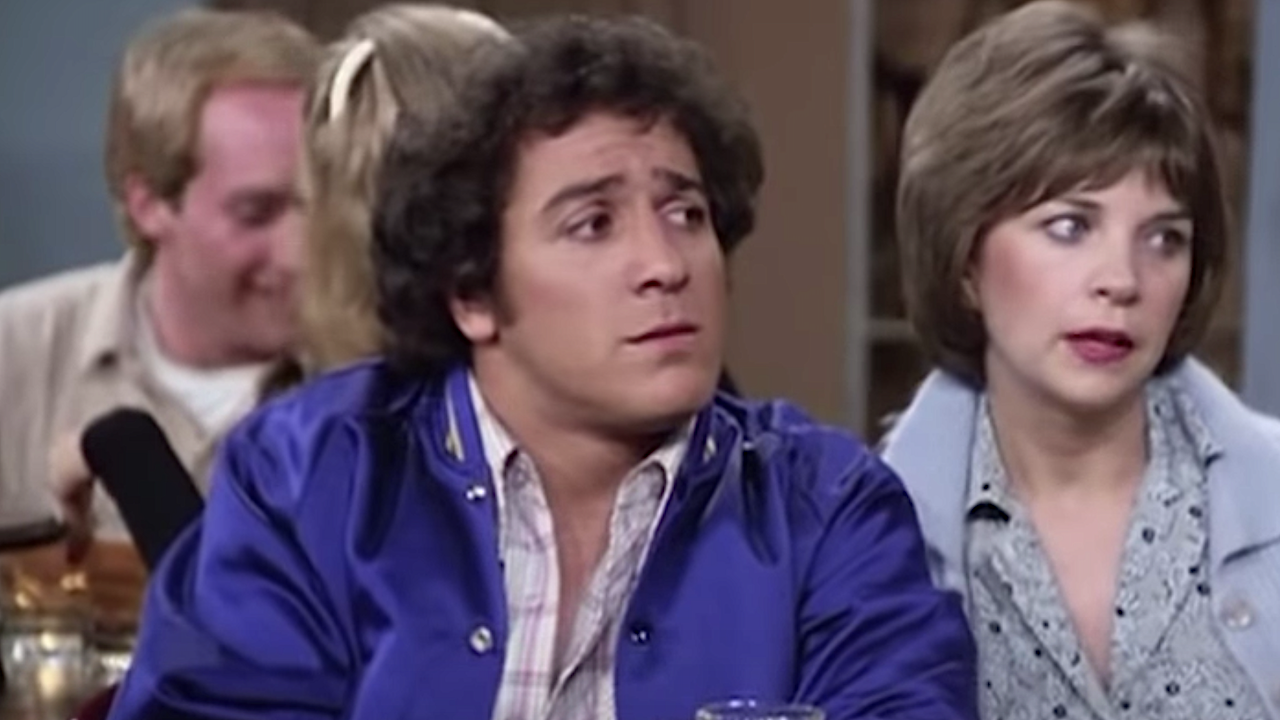
The entertainment world recently paused to remember a truly special talent, Cindy Williams, who passed away at the age of 75. News of her death, which followed a brief illness, brought immense sadness to her family, children Zak and Emily Hudson, and countless fans. As her children shared in a heartfelt statement, the sadness they feel is insurmountable, a feeling that could truly never be expressed.
Knowing and loving their mother was their joy and privilege, they said, describing her as one of a kind, beautiful, generous, and someone who possessed a brilliant sense of humor and a glittering spirit that everyone loved. This sentiment of a glittering spirit and undeniable warmth resonates deeply with those who knew and worked alongside her, particularly her costars from projects that became genuine cultural touchstones.
One of those colleagues, who shared significant screen time and history with Cindy, is director and actor Ron Howard. Speaking publicly following the news, Howard discussed the tragic death of his former costar. He and Williams acted opposite each other as teenage lovebirds Steve Bolander and Laurie Henderson in the George Lucas film American Graffiti, a classic coming-of-age movie that is turning 50 this year.
Their connection extended beyond that film. Before Williams became Shirley Feeney in the hit spinoff Laverne & Shirley, she also played the character on another beloved show starring Howard, Happy Days. Howard himself even appeared as Richie Cunningham on two episodes of Laverne & Shirley, showcasing the interconnectedness of these iconic series and the talent pool they shared.

Ron Howard expressed his surprise over Cindy Williams’ passing, telling People magazine that he hadn’t seen her for years before last encountering her in 2022. That meeting in Palm Springs, California, left a strong impression. Howard was struck by how her intelligence, energy, and sense of humor were still in high gear, making her passing a shock to him, a feeling that the spark is gone.
Reflecting on their time on the set of American Graffiti, Howard shared that he was just 18 at the time, while Williams was 24. This age difference naturally created a dynamic where Williams always had almost a big sister energy around him, a comforting presence in those early days of their careers. This personal connection adds another layer to the professional bond they shared over decades.
Howard also spoke to Access Hollywood, describing Williams’ intelligence and hardworking nature. He characterized her as whip smart, someone with a tremendous sense of humor, but also possessing a great work ethic. She was really dedicated to getting it right, a professionalism that clearly stood out to her colleagues.
When asked how he thought the Laverne & Shirley star would want people to remember her, Howard suggested that while she would certainly want people to remember Shirley and that iconic show, she would also likely want people to take a moment and recognize all the other kinds of characters that she so successfully created throughout her career. This speaks volumes about her range and dedication to her craft beyond her most famous role.

Cindy Williams’ death is clearly going to leave a little void for Ron Howard. He shared with the Los Angeles Times that he had always hoped that a part would come along that he could cast her in, allowing them to complete this cycle of working together in their careers, but this time with him behind the camera.
The right role, sadly, never came along. Howard always assumed it would, and knowing now that they’ll never have that chance makes him a little sad. It’s a poignant reminder of missed opportunities and the unpredictable nature of life and careers in Hollywood.
Howard elaborated on the types of roles he envisioned for Williams. He told The Times he would have liked to cast her in a role that highlighted her complexity and range. He would have tried to find something, a character full of surprises, where you might initially think she’s one thing, but it turns out there’s much more than you might have guessed.

He believed she had the capacity to shift gears and tones on a dime, a versatility that he was always looking for when crafting characters. This specific insight from a director of Howard’s caliber underscores the depth of talent he saw in Williams, talent that he felt still had more to offer on screen.
Beyond her acting prowess, Howard remembered Williams for her professionalism and work ethic, seeing in her a first glimpse of a new generation of a woman asserting herself and her potential to have creative control over the work that she was doing. He noted that she was quiet about it, polite about it, and civil, but fundamentally committed to asserting herself in that way, a trait that he found impressive.
While Ron Howard didn’t get to reunite with Cindy Williams for one last project, he affirmed that she leaves behind years’ worth of memorable performances. He believes that we, as fans, and those who worked with her, know that she had many moments that will stand the test of time, whether in dramatic roles or the brilliant physical comedies that she and Penny Marshall created together on Laverne & Shirley.
The impact of Cindy Williams is also strongly felt by other colleagues. Henry Winkler, who worked with her on both Happy Days and Laverne & Shirley, shared his tribute. He stated that Cindy had been his friend and professional colleague since he met her on the set of Happy Days in 1975.

He emphasized that not once had he ever been in her presence when she wasn’t gracious, thoughtful, and kind. Winkler, known for his warm personality himself, clearly held Williams in high regard, praising her character as much as her talent. He added that Cindy’s talent was limitless, and there was not a genre she could not conquer, concluding with a simple yet powerful statement: he was so glad he knew her.
Michael McKean, who played Lenny Kosnowski on Laverne & Shirley and is the last surviving star of that iconic show, also offered his thoughts. In a statement to the Los Angeles Times, he reflected on the dynamic duo of Williams and Penny Marshall.

McKean declared that when she and Penny were cooking, there was no one who could touch them. He described Williams as a truly kind woman with a big heart and expressed how very sad he was that she was gone. His words highlight the special magic the two actresses created together and the personal warmth Williams extended to those around her.
Director and writer Nancy Meyers also shared a touching anecdote that reveals Williams’ generosity and vision. Meyers attributed the entire idea of remaking the Father of the Bride films, which starred Steve Martin and for which Williams was a credited coproducer, to Williams herself.

Meyers wrote on Instagram that few people know it was Cindy’s idea to remake Father of the Bride. Williams told her she was watching the Spencer Tracey version on TV one night and thought it would be a great movie to remake. And, significantly, she made it happen.
This idea, Meyers noted, changed the course of her life and many others. What makes the story even more remarkable is that Williams never took credit for being responsible for that, something Meyers observed was pretty unusual in Tinseltown. It’s a testament to Williams’ humility and her focus on the work itself.
The context surrounding Cindy Williams’ passing also included a moment of remembrance at the TCM Classic Film Festival, where American Graffiti turned 50. Richard Dreyfuss and Candy Clark, costars from the film, attended to celebrate the occasion.




